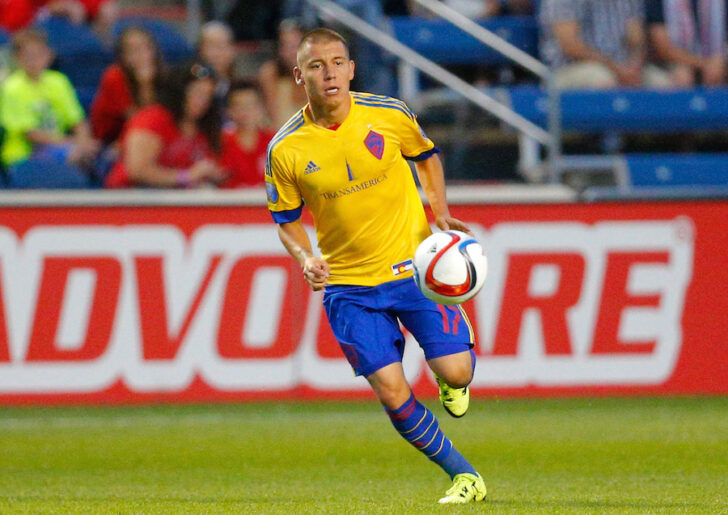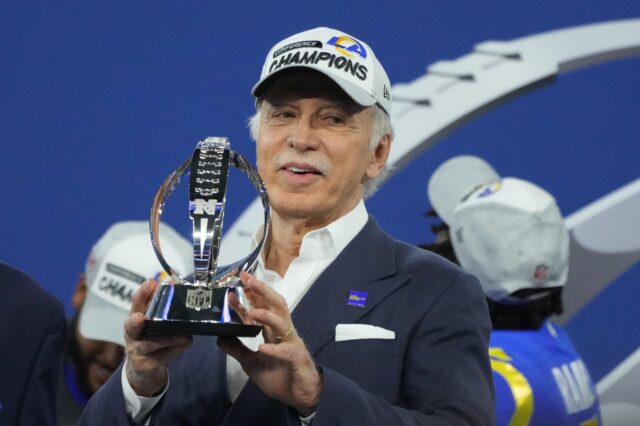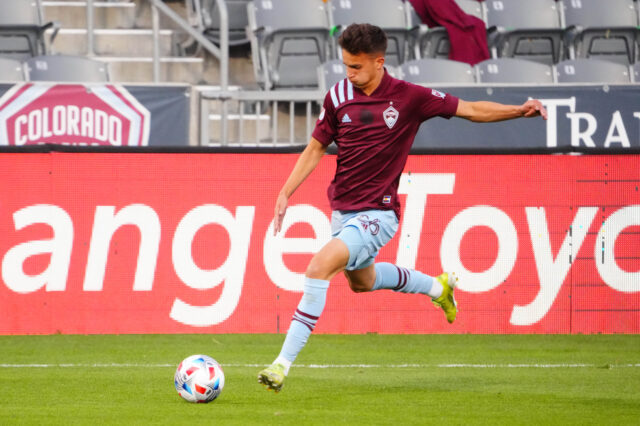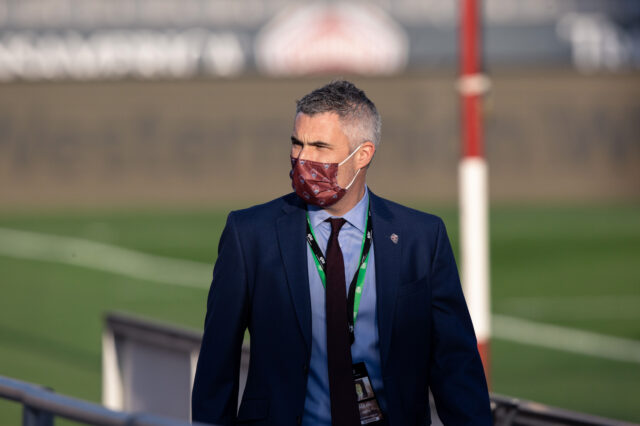It’s a double-edged sword in MLS to have a player selected for their national club. On the one side, it shows you possess talent that is among the best from their country. On the other, it means you’ll be without what should be a top player for your club for extended time during potentially pivotal points in the season and could lose them altogether if they shine so brightly.
Such was the case for the Colorado Rapids earlier this year when they lost both Shane O’Neill and Dillon Serna to the United States Under-23 Men’s National Team for the Toulon Tournament, then O’Neill forever when he was transferred after a breakout display in France.
Colorado was without its two Homegrown products and rising stars through a crucial mid-summer stretch against conference opponents in which the club went 1-2-1.
The positives for O’Neill and Serna were that they helped lead the US to a third-place finish and O’Neill was awarded the tournament’s third-best player. Two months later, O’Neill had been sold to Apollon Limassol of the Cypriot league.
Therein lies the greatest danger for MLS clubs whose players see significant time with their national or national development teams: The added visibility makes them more visible to outside clubs. The onus on the club, then, is to turn their transfer earnings into wins via other players.
Last week Serna was named to the U-23 roster for the 2015 CONCACAF Men’s Olympic Qualifying Championship, which will take place October 1-13.
Serna has started four of his last six games for Colorado and helped deliver wins in the two starts in which he’s played a full 90 minutes. He’s come on strong of late, with those four starts totaling more than half of his sum seven for the season.
The call-up will likely keep him from playing in Saturday’s match at Houston.
Colorado’s only remaining home contests will transpire during the Olympic qualifier, so Rapids fans may have seen their last of Serna for the year. And with the Rapids all but eliminated from the MLS playoffs, it would be unwise for head coach Pablo Mastroeni to use Serna upon his return. Risking an injury to a player who is on the national radar and could command a decent transfer return would be unwise in a lost season.
These situations are a double-edged sword for the players as well, especially in Serna’s case. Serna is a Brighton native and a Rapids Homegrown player. No doubt he wants to contribute and win for his hometown club, but the potential to shine on the international stage and the payout it could deliver with a transfer to a European league make it understandably difficult.



